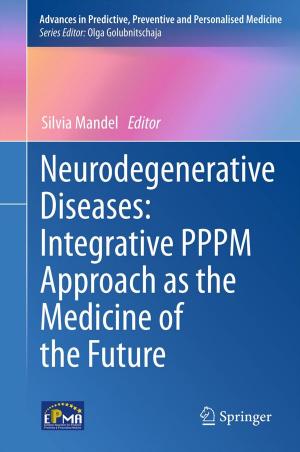Informed Consent
Patient Autonomy and Physician Beneficence within Clinical Medicine
Nonfiction, Reference & Language, Law, Medical Law & Legislation, Religion & Spirituality, Philosophy, Ethics & Moral Philosophy| Author: | S. Wear | ISBN: | 9789401581226 |
| Publisher: | Springer Netherlands | Publication: | December 6, 2012 |
| Imprint: | Springer | Language: | English |
| Author: | S. Wear |
| ISBN: | 9789401581226 |
| Publisher: | Springer Netherlands |
| Publication: | December 6, 2012 |
| Imprint: | Springer |
| Language: | English |
Substantial efforts have recently been made to reform the physician-patient relationship, particularly toward replacing the `silent world of doctor and patient' with informed patient participation in medical decision-making. This 'new ethos of patient autonomy' has especially insisted on the routine provision of informed consent for all medical interventions. Stronly supported by most bioethicists and the law, as well as more popular writings and expectations, it still seems clear that informed consent has, at best, been received in a lukewarm fashion by most clinicians, many simply rejecting what they commonly refer to as the `myth of informed consent'.
The purpose of this book is to defuse this seemingly intractable controversy by offering an efficient and effective operational model of informed consent. This goal is pursued first by reviewing and evaluating, in detail, the agendas, arguments, and supporting materials of its proponents and detractors. A comprehensive review of empirical studies of informed consent is provided, as well as a detailed reflection on the common clinician experience with attempts at informed consent and the exercise of autonomy by patients.
In the end, informed consent is recast as a management tool for pursuing clinically and ethically important goods and values that any clinician should see as meriting pursuit. Concurrently, the model incorporates a flexible, anticipatory approach that recognizes that no static, generic ritual can legitimately pursue the quite variable goods and values that may be at stake with different patients in different situations. Finally, efficiency of provision is addressed by not pursuing the unattainable and ancillary. Throughout, the traditional principle of beneficence is appealed to toward articulating an operational model of informed consent as an intervention that is likely to change outcomes at the bedside for the better.
Substantial efforts have recently been made to reform the physician-patient relationship, particularly toward replacing the `silent world of doctor and patient' with informed patient participation in medical decision-making. This 'new ethos of patient autonomy' has especially insisted on the routine provision of informed consent for all medical interventions. Stronly supported by most bioethicists and the law, as well as more popular writings and expectations, it still seems clear that informed consent has, at best, been received in a lukewarm fashion by most clinicians, many simply rejecting what they commonly refer to as the `myth of informed consent'.
The purpose of this book is to defuse this seemingly intractable controversy by offering an efficient and effective operational model of informed consent. This goal is pursued first by reviewing and evaluating, in detail, the agendas, arguments, and supporting materials of its proponents and detractors. A comprehensive review of empirical studies of informed consent is provided, as well as a detailed reflection on the common clinician experience with attempts at informed consent and the exercise of autonomy by patients.
In the end, informed consent is recast as a management tool for pursuing clinically and ethically important goods and values that any clinician should see as meriting pursuit. Concurrently, the model incorporates a flexible, anticipatory approach that recognizes that no static, generic ritual can legitimately pursue the quite variable goods and values that may be at stake with different patients in different situations. Finally, efficiency of provision is addressed by not pursuing the unattainable and ancillary. Throughout, the traditional principle of beneficence is appealed to toward articulating an operational model of informed consent as an intervention that is likely to change outcomes at the bedside for the better.















